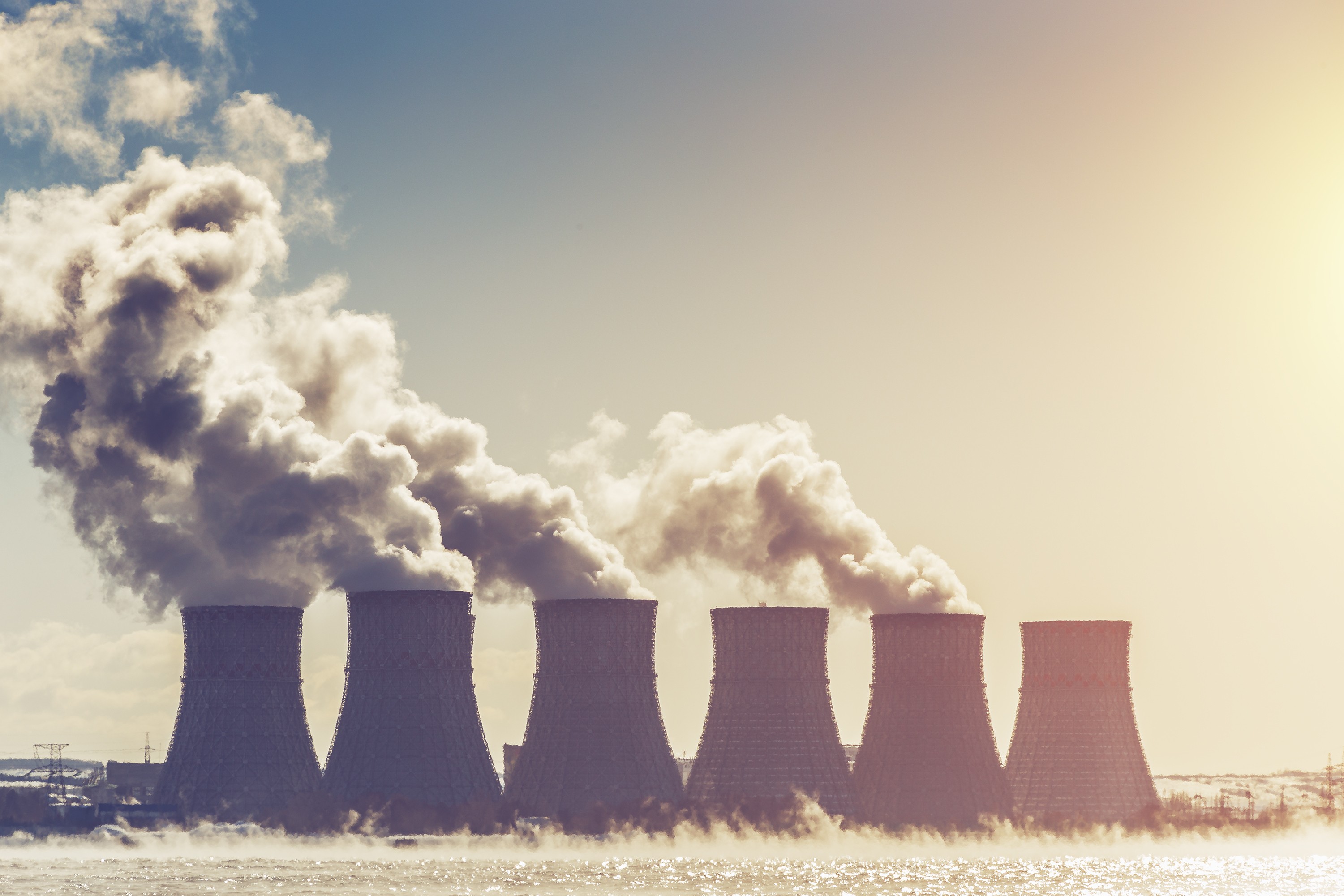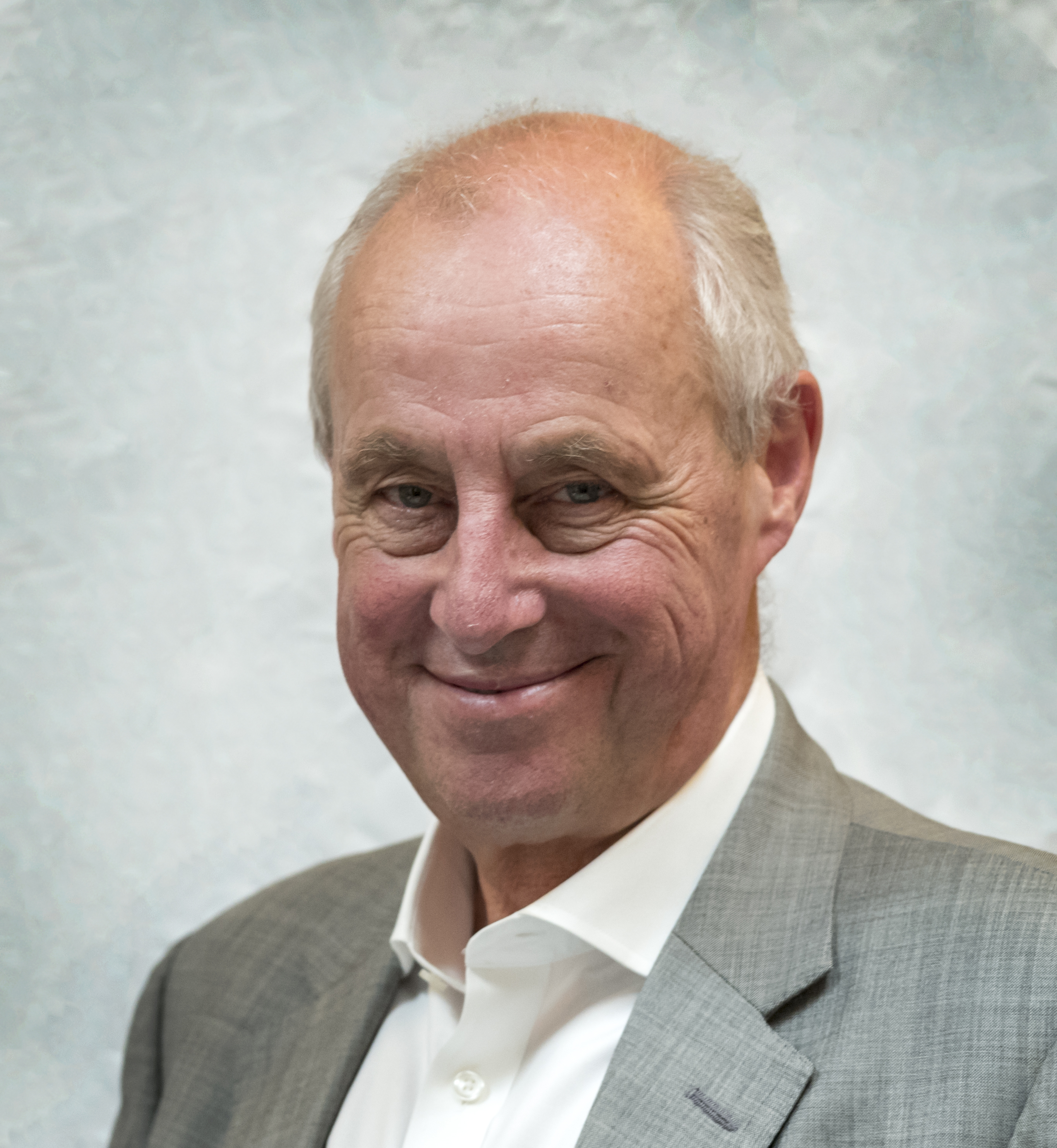The first quarter of 2020 is when life changed for ever. In the space of a few weeks a single priority has suddenly united nearly all of humankind. Gaining control of Covid-19 will take months and, in some regions, years. The world which emerges from this pandemic will be different from the one we've lived in all our lives.
Exactly what all the differences will be isn't yet clear though long distance travel is one activity which looks certain to change radically. My hope is that the experience of coming together successfully to tackle one threat to humanity may help us to focus more intensively on another equally perilous danger - climate change.
Too often climate change is wrongly described as a threat to our planet. It's nothing of the sort. The planet will survive another eight billion years regardless of how fast and how far temperatures and sea levels rise.
What will not survive is one of the earth's most recently arrived species, human beings. If the timeline of the earth's life so far is measured as being one year then humans have only existed for less than half an hour. If climate change is not halted now we have only a few seconds left before the earth becomes uninhabitable by humans.
Tackling climate change

What we humans do in 2020 will determine how soon Covid-19 is controlled. Similarly what we do in this decade will determine whether climate change becomes irreversible. In relation to the climate this is the last lap of the racetrack, the final kick of the ball game, the match point which must be saved. Humanity has one throw of the dice left.
In the face of this existential threat we must act far more quickly and on a far bigger scale than we have ever contemplated before. We know that cutting greenhouse gas emissions to zero must happen well before 2050. But none of the countries, industries and companies which have committed to a 2015 net zero target yet have a credible plan of action to achieve it.
So, now is the moment for all nations to come together to make a step change in the global response to the challenge which has been understood for thirty years by anyone who took the trouble to study the science.
In November COP26 takes place in Glasgow with Britain in the chair. In one respect COVID-19 is creating an unexpectedly favourable backdrop. The economic slump it is causing will be the worst since the Industrial Revolution kicked off the huge unique economic expansion two centuries ago which has enriched billions of people.
Tens, possibly hundreds, of millions of jobs will be lost. This will lead to hardship and social unrest. GDP in almost every country will fall sharply this year. In many cases the falls will be worse than the 1930s.
The silver lining to this very black cloud is a big drop in GHG emissions. Amid all the gloom and fear about Covid-19 we have been unexpectedly gifted, perhaps just in time, a miraculous kickstart to what needs to be a massive cut in the carbon intensity of the world economy.
Three industries, energy, transport and construction must lead the way. Although future technology breakthroughs will undoubtedly help we already possess the means to solve the problem. All that is lacking is the will.
Electricity and hydrogen can make all surface transport zero carbon now. Demand for long haul flights will be lower after Covid-19 and can be further reduced by carbon pricing. Tighter building standards can ensure that all new buildings are built to net zero standards now and existing ones converted.
Making these changes as swiftly as is necessary won't be popular or cost free. They are, however, essential and technically possible. Phasing them in sooner rather than later will cause some disruption but far less than the emergency measures which will be needed if we wait until the 2030s to act.
But on their own they won't achieve the required outcome unless the energy industry replaces fossil fuels with low carbon alternatives. This is the most critical leg of the three legged school without which it cannot stand.
Rebuilding the world economy
There is a risk that when the global slump ends low fossil fuel prices, especially oil, will boost consumption. This would be a tragic error. If there is one lesson we should surely learn from Covid-19 it is that preparedness is the key to survival. Unless the world now moves to a low carbon economic model humanity is doomed.
A global version of the post World War 2 Marshall Plan will be needed to rebuild the world economy after Covid-19. At its heart must be massive investment in all kinds of low carbon technologies. COP26 should lay the foundations for this Plan.
In the energy industry sterile arguments about the relative contributions of renewables and nuclear should be set aside. The complete decarbonisation of electricity generation is a massive and urgent task. Performing it requires deploying all available low carbon sources.
Reviving the nuclear energy industry, alongside further rapid expansion of renewables, will create hundreds of thousands of jobs in the countries which choose this route. Early movers will have the chance to build supply chains for whom considerable export potential will exist.

How Covid-19 affects the New Nuclear Watch Institute
Here at NNWI we can operate remotely without difficulty. Planned events which involve travel to physical meetings are being postponed in accordance with government guidance.
This means that our regular breakfast Policy Debates in London are our June Workshop for international journalists in Paris have to be rescheduled.
Our second full scale conference, the NNWI 2020 Forum, will again be hosted by Norton Rose Fulbright on 20 October, by when we hope life may have returned to normal.



-optimized.jpg)




